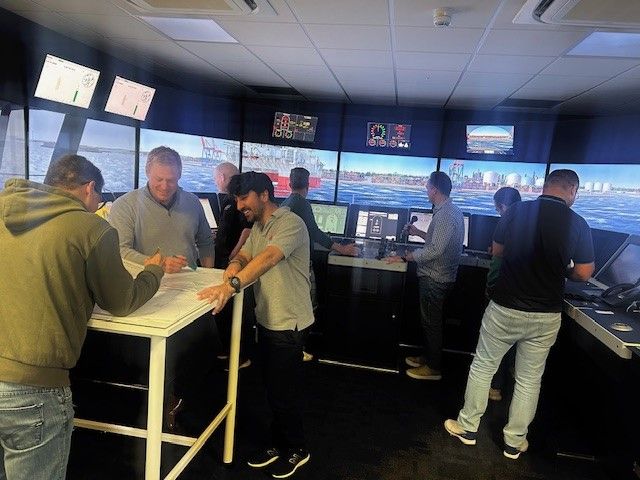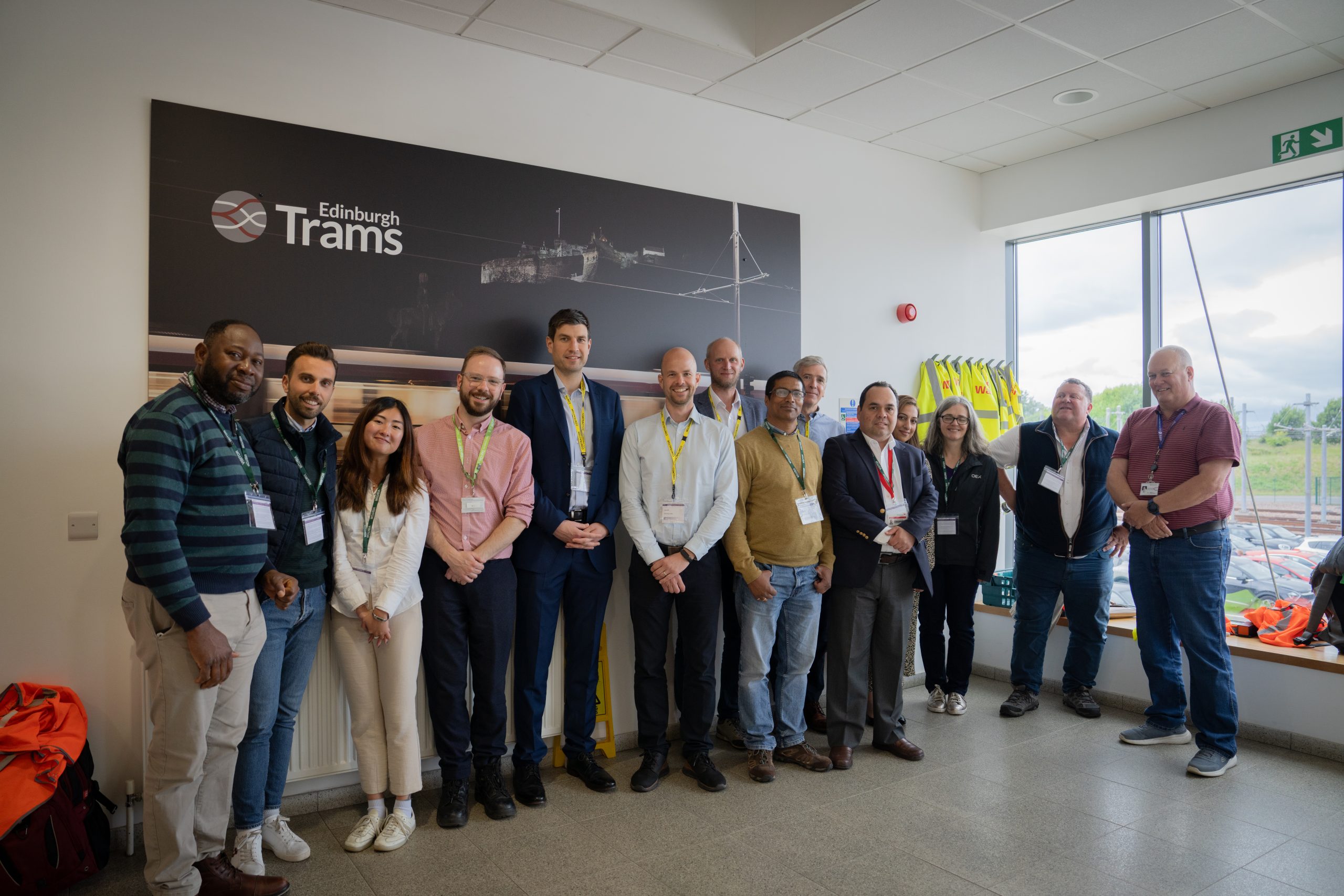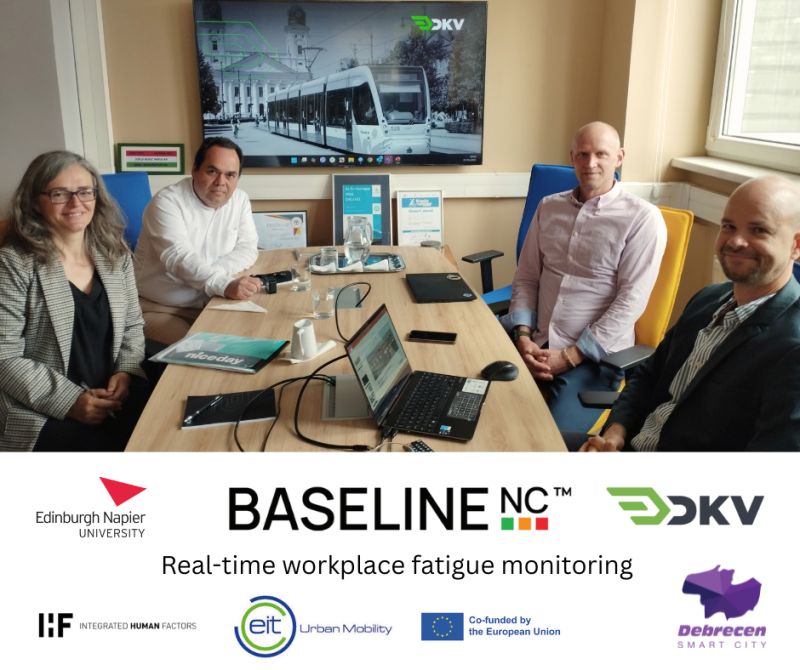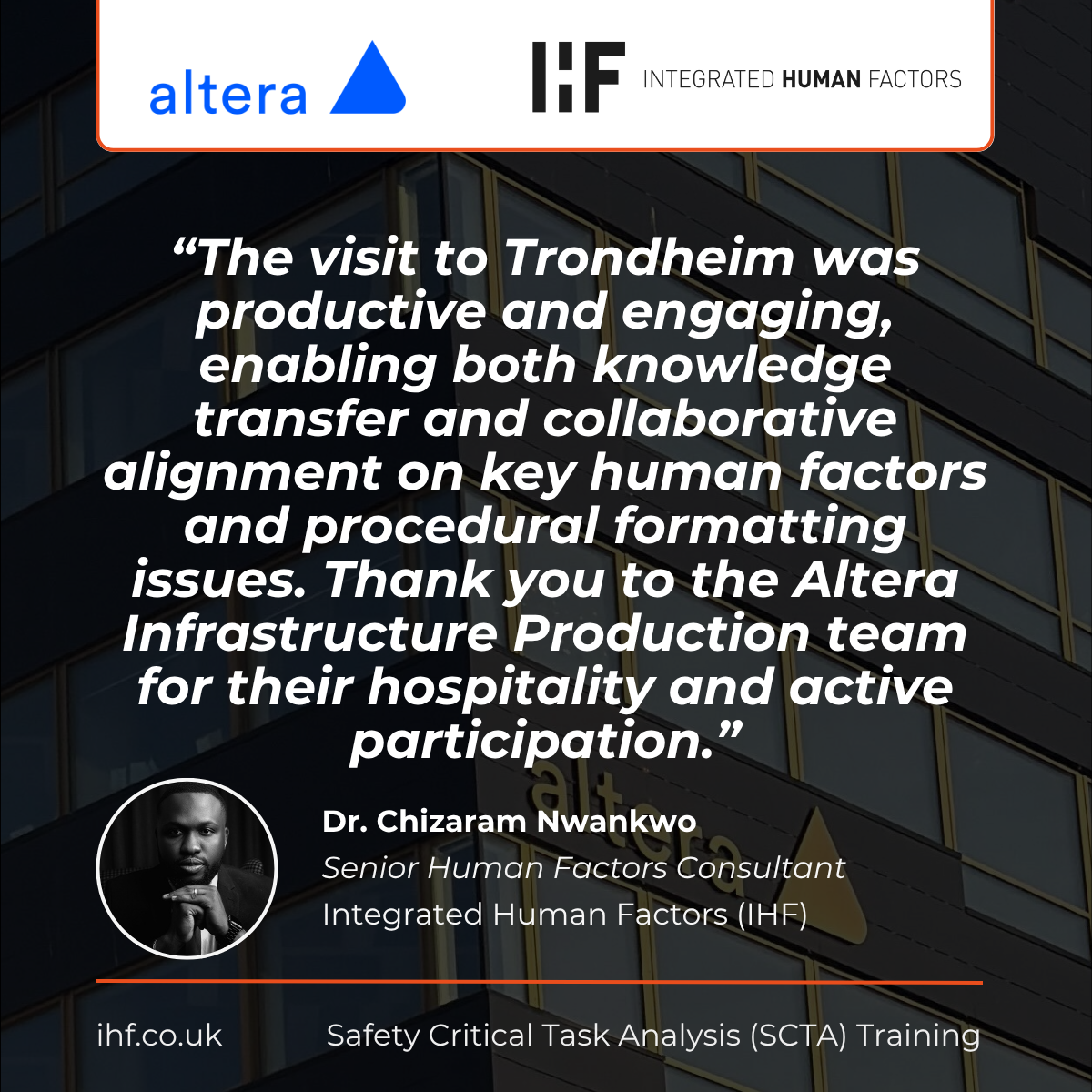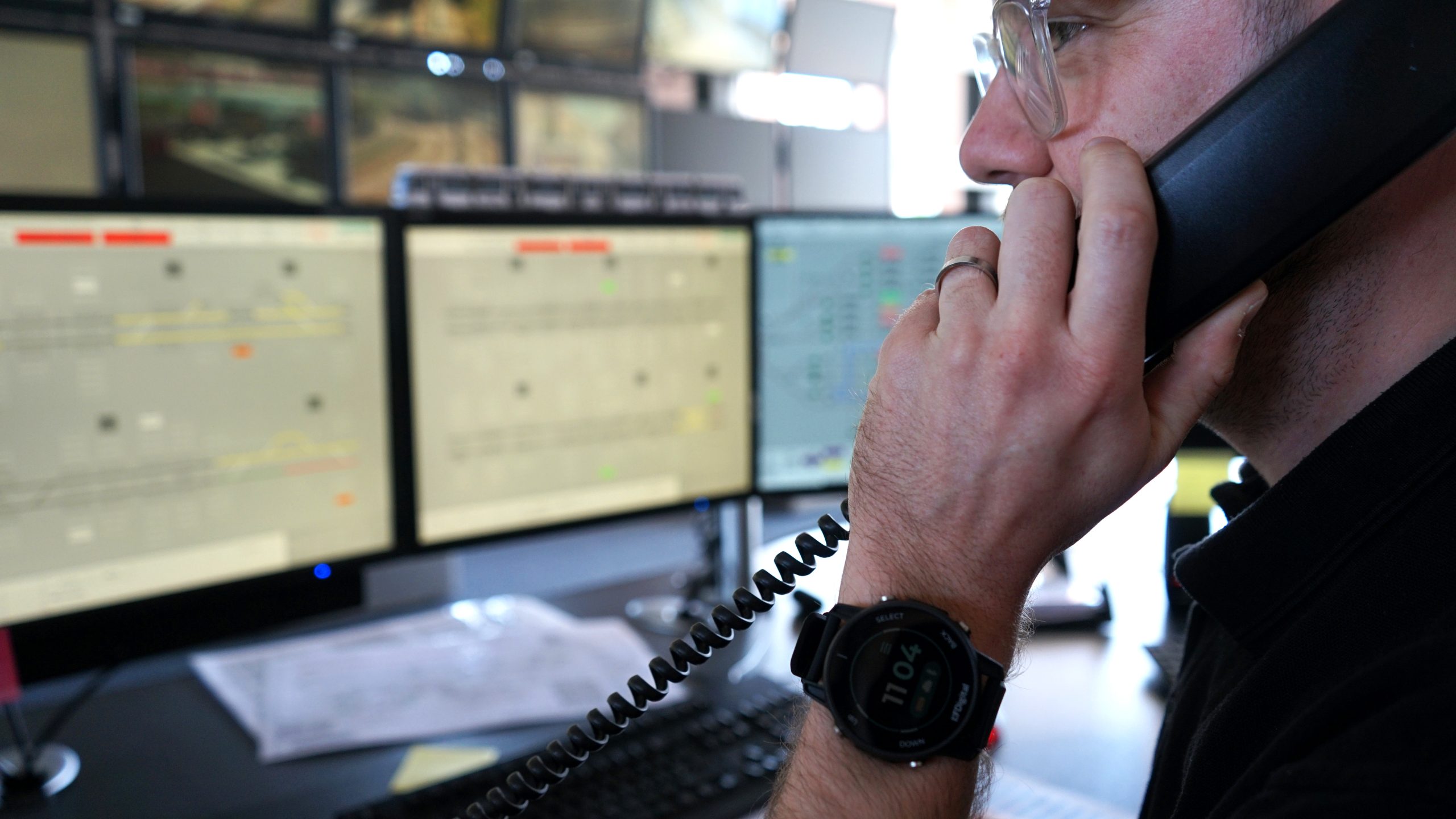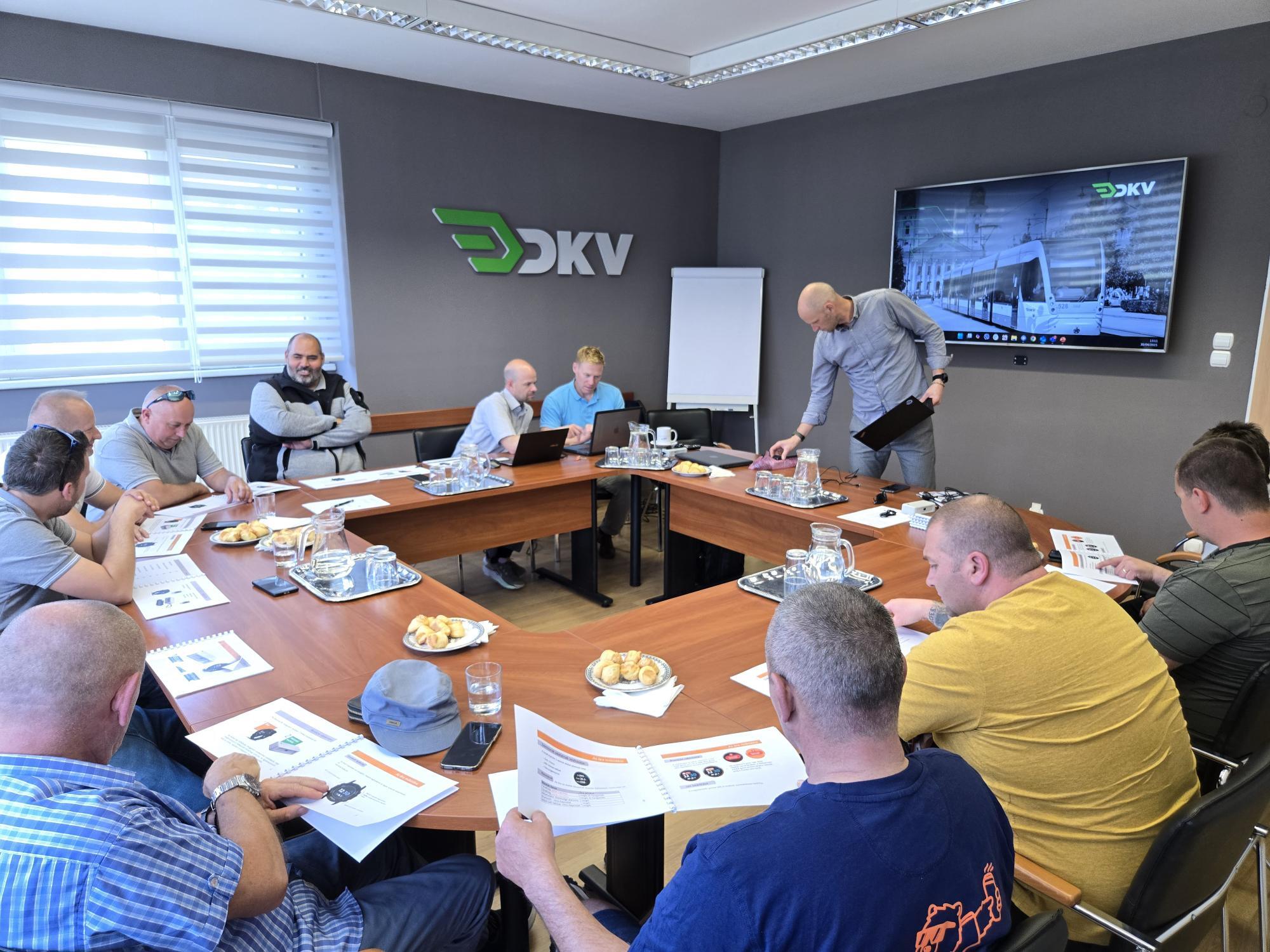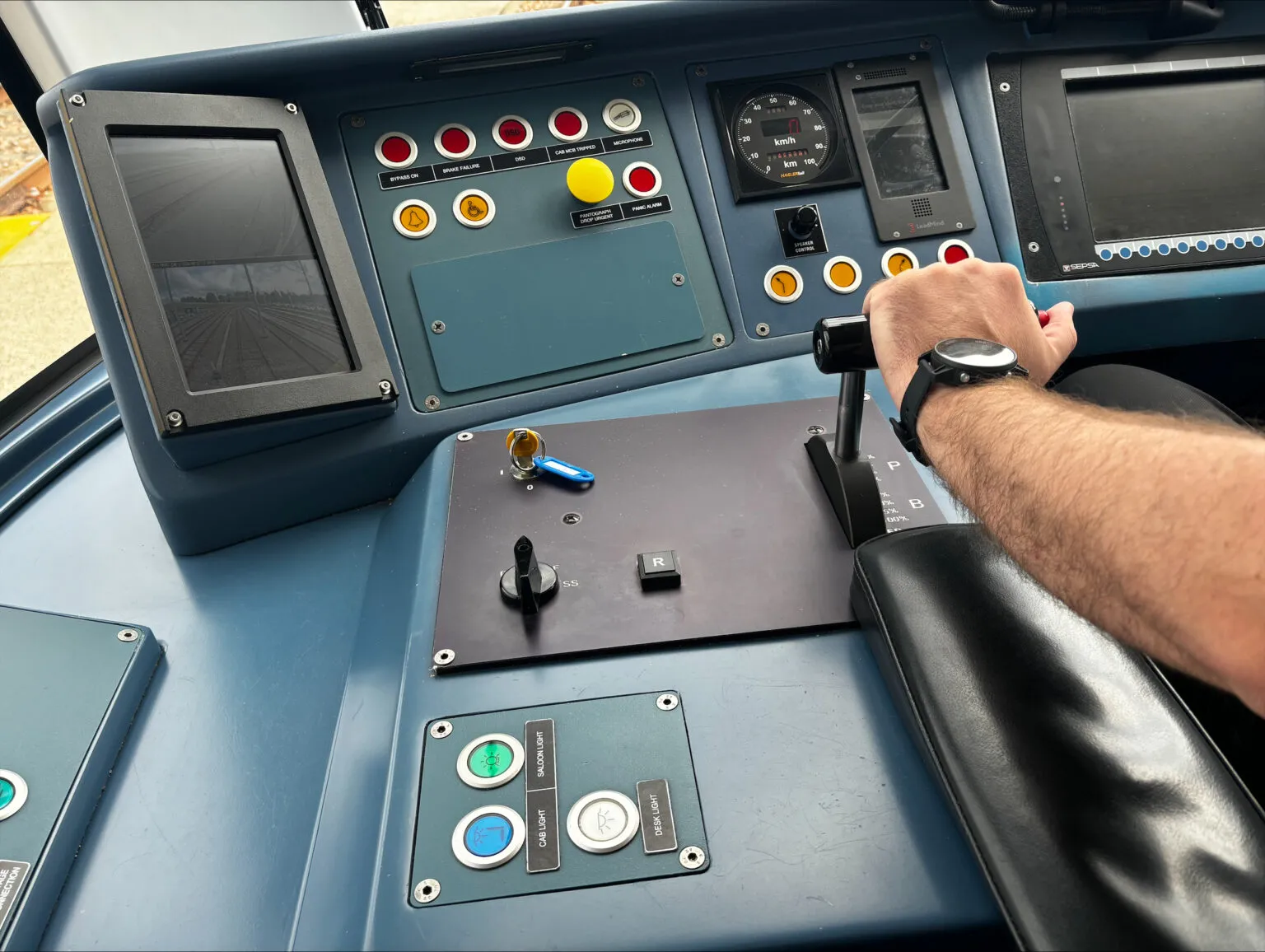Neil Clark, in partnership with Kongsberg Maritime delivered a dynamic positioning emergency response course as part of their simulator-based emergency response training. During this, Neil outlined that human factors training focuses on understanding the interactions between individuals, systems and environments, ensuring that the workforce is well-equipped to handle complex situations efficiently and safely. In the maritime industry, where safety and precision are paramount, this training is not just beneficial but essential for several reasons:
- Enhancing Safety: Many maritime incidents are attributed to human error, often due to miscommunication, fatigue or inadequate decision making. Human factors training addresses these issues by fostering a deeper understanding of human limitations and capabilities, significantly reducing the likelihood of errors and improving overall safety. Training is a big part of this but also the integration of human factors into the investigation process has a great deal of potential.
- Improving Operational Efficiency: By optimising maritime crew performance and teamwork, human factors training can lead to more streamlined operations, reducing downtime and enhancing the reliability of systems.
- Facilitating Seamless Integration With Technology: As more sophisticated maritime systems are developed and deployed, it is crucial that personnel are adept at integrating these technologies into their workflows. Human factors training helps bridge the gap between human operators and complex technological systems, ensuring optimal performance and user satisfaction.
- Compliance and Standardisation: Many maritime regulations and industry standards are increasingly recognising the value of human factors considerations.

